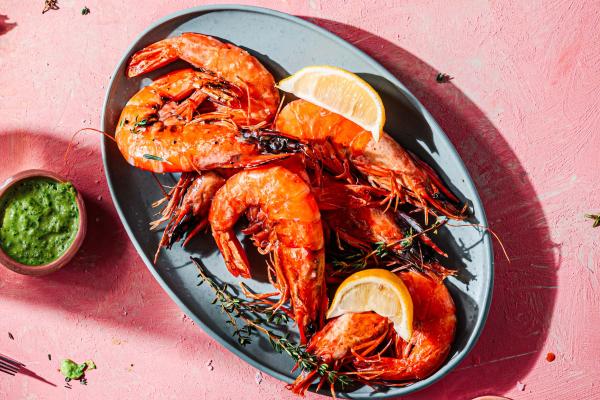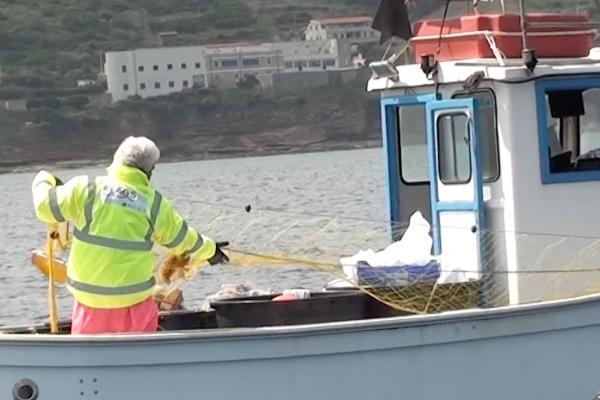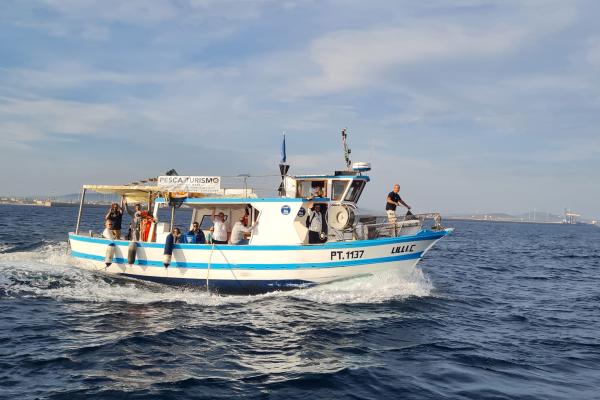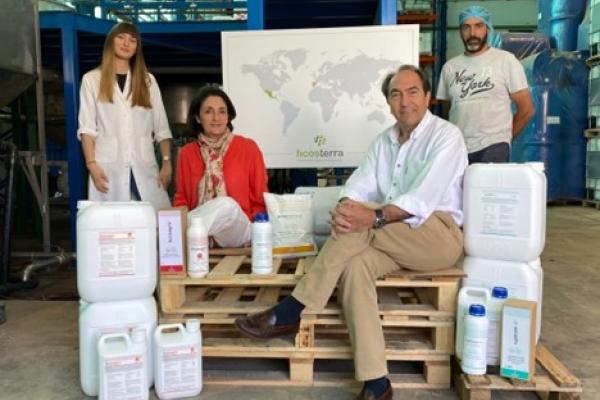
Among the many fundamental issues that our planet faces today, two are particularly concerning: how to provide healthy, nutritious food in the face of food security challenges, and how to transition to a circular, low-carbon economy?
KELP-EU is a project run by Oceanium, a company based in Scotland, attempting to revolutionise the use of kelp in the EU to address those two challenges. Supported by €2.1 million from the European Maritime and Fisheries Fund (EMFF), the project taps into the potential of Europe’s budding seaweed industry. It wants to discover new solutions for reducing the effects of climate change, restoring the health of our oceans and improving the diets and livelihoods of citizens around the world.
Over an 18-month period (October 2021 - March 2023), the project works with multiple partners, including seaweed farmers, researchers and government stakeholders from across the EU on the development of seaweed farming as well as its processing.
In addition to developing a sustainable EU seaweed industry, KELP-EU will work on scaling up the seaweed biorefinery process (TRL6-8), increasing the annual seaweed processing volume to 150 tonnes per year (t/y). Furthermore, there are plans design the world’s first sustainable biorefinery pilot plant with a 5,000 t/y processing capacity.
Meeting the goal of creating a circular economy, the project will also focus on developing new products from the sustainable use of by-products, such as kelp protein, fibre, fucoidan, and beta-glucan, obtained from the biorefinery process. The samples will then be shared with potential customers and submitted for US and EU regulatory approval.
Furthermore, KELP-EU will carry out an assessment of the life-cycle of seaweed-based products, carry out an impact assessment, including the social impact on coastal communities, and work on developing and implementing commercialisation strategies.
KELP-EU has the potential to help kick-start the European seaweed industry. The project aims to provide best practice guidelines for the industry and improve the understanding of its environmental, economic, technological and social impact.
Why seaweed?
There are multiple benefits of seaweed on the environment. It absorbs carbon dioxide and nitrogen and protects the seabed. Seaweed farming causes no deforestation and uses no fresh water or fertilisers. It also has the potential to provide food security and create new jobs.
The European seaweed industry could become one of the sectors of the future. According to some estimates, it could create 115,000 new jobs by 2030 [source: Seaweed for Europe] and provide an alternative for EU coastal communities, as well as research and development, logistics, aquaculture and other sectors.
The EU has recognised the potential of the Blue Bioeconomy, as part of the European Green Deal. In 2021, it issued a new approach to foster the development of a sustainable blue economy.
Did you like this story?
Then check out the March episode of Euronews OCEAN “Women in the blue economy”
Keep informed about the project
Website
https://oceanium.world/kelp-eu/
Social media
Twitter: https://twitter.com/oceaniumltd
Details
- Publication date
- 31 March 2022
- Author
- Directorate-General for Maritime Affairs and Fisheries




